|
By: Sarah Hieta-aho One man’s trash is another man’s treasure. That old saying holds true even today. There are many people right now, who cannot or may not want to purchase containers for their garden. Either they do not have the money to spend or they want to find creative ways to reuse items they already have. If you have a workplace, school, family member, friend, or neighbor who absolutely refuses to stop buying plastic items even though they know how bad they are for the environment—you can stockpile these and use them in your garden! Besides raiding trash and recycling bins, I also asked my local Buy Nothing Project group if they had any “trash” I could collect! Here is a list of common household items found in the trash or recycling that you can use in your garden to start seeds:
Above: My first batch of seeds that I started in egg cartons, yogurt containers, butter and margarine containers, mushroom boxes, and water bottles. I used old storage bins to easily move the seeds around my backyard and wood clothespins to label what vegetable was planted. Above: I cut off the tops of water bottles, used condiment cups, and an egg carton to start growing onions. I kept the tops of the water bottles for other DIY gardening projects. Above: Titan Sunflowers sprouting in a styrofoam egg carton. Above: Transplanting melon seedlings from plastic apple containers into garden mounds and a cucumber that had sprouted in the bottom of a water bottle. Notes:
If the container doesn’t have holes in the bottom, you will need to use a tool like a nail or a needle to punch holes in the bottom for drainage before filling with soil and your choice of seed. I found that for plastic containers, using a pair of pliers to grip a large needle was the easiest way to punch holes. Before using that method, I had used a pushpin, which gave me nasty blisters on my fingers. For containers that you can’t put holes in like ceramic or glass, fill the bottom with stones or wood mulch before putting your soil in and then be careful not to overwater.
0 Comments
Leave a Reply. |
TUGIWelcome to Seeds for Thought, the TUGI Blog where we will be highlighting incredible stories of environmental activists and change makers, environmental news, and tips to living a more green and sustainable lifestyle. If you are interested in learning more about what we are doing on a monthly basis, subscribe to our TUGI Newsletter. Archives
May 2021
Categories |
TUGI
|
|
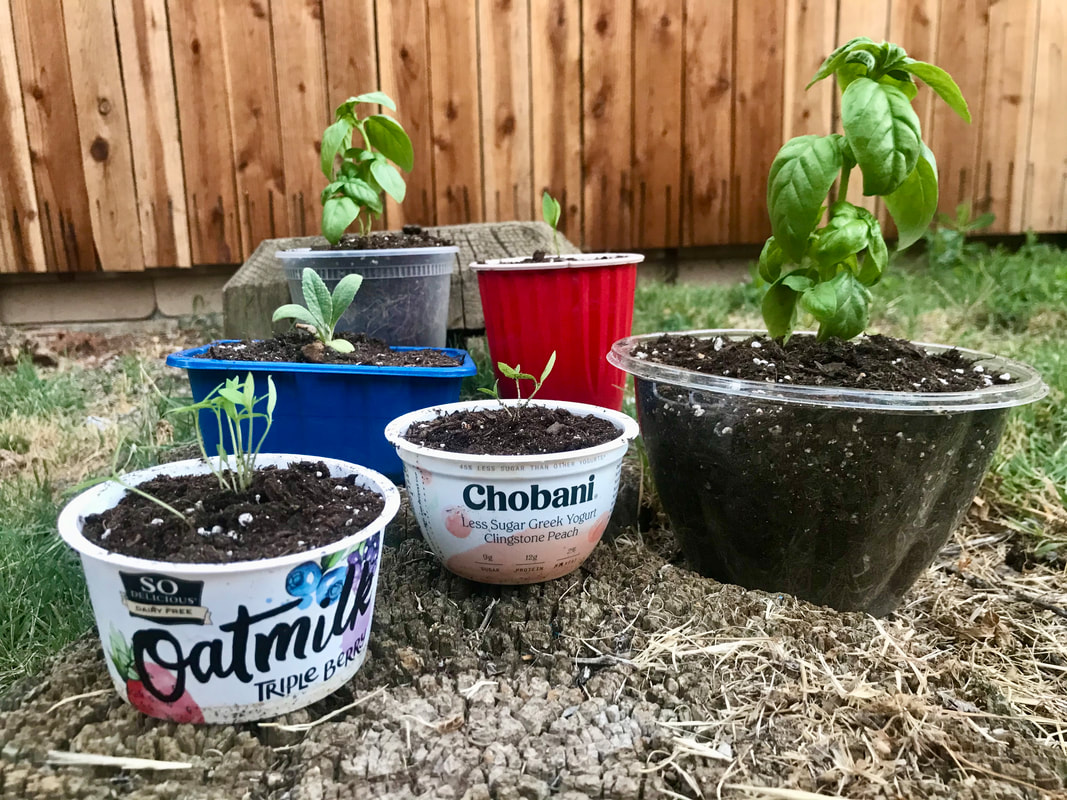
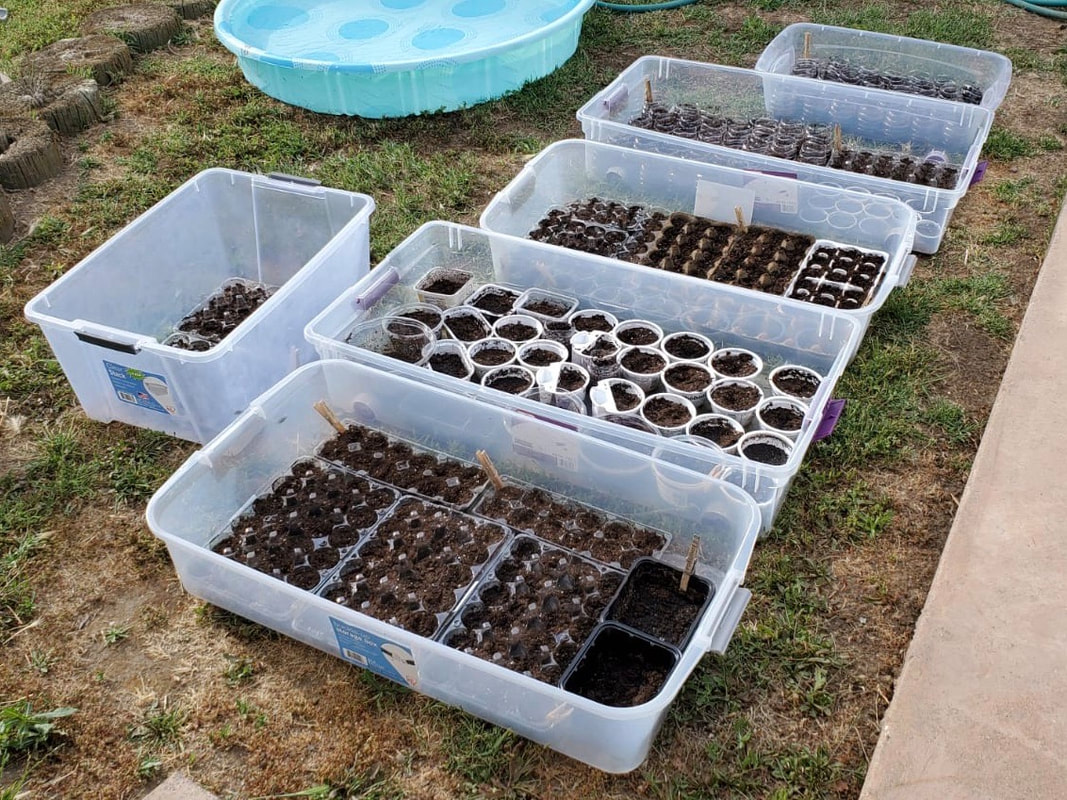
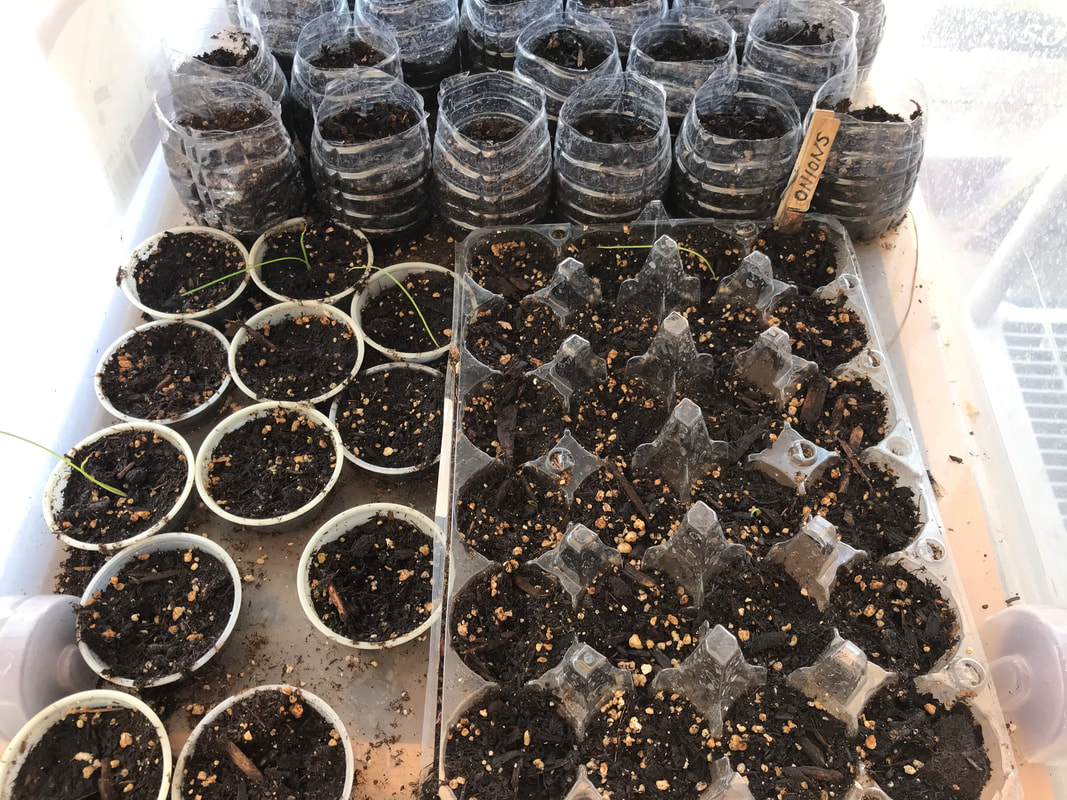
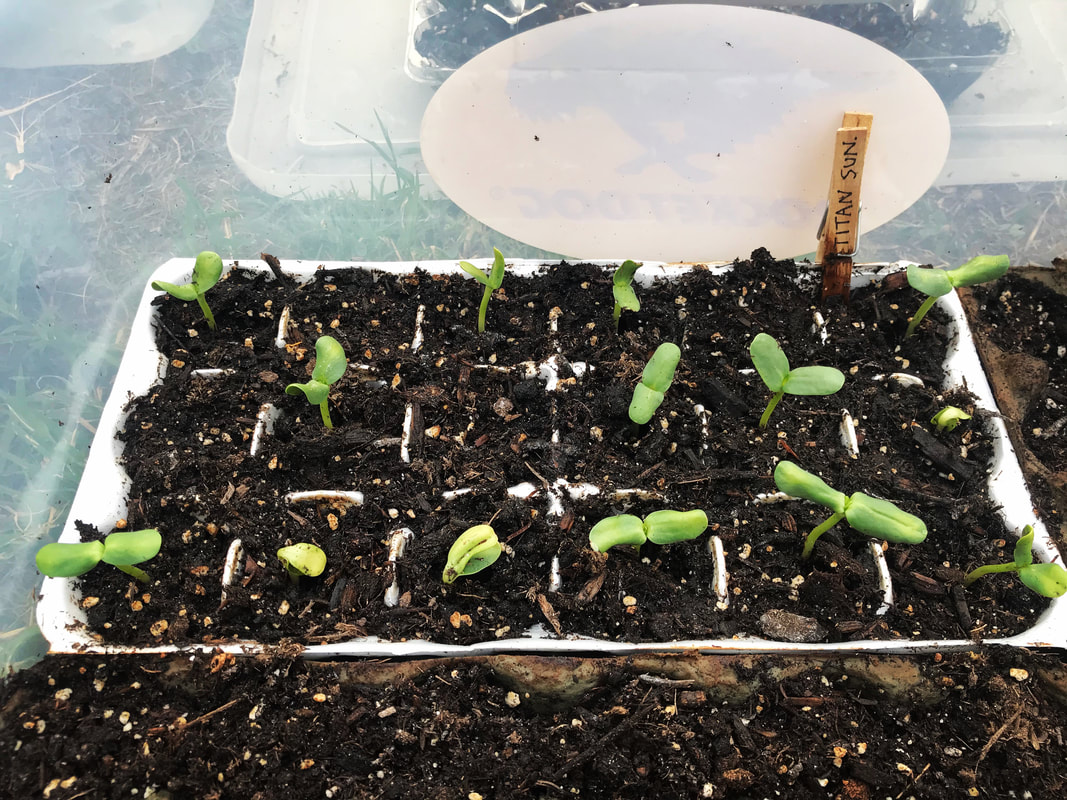
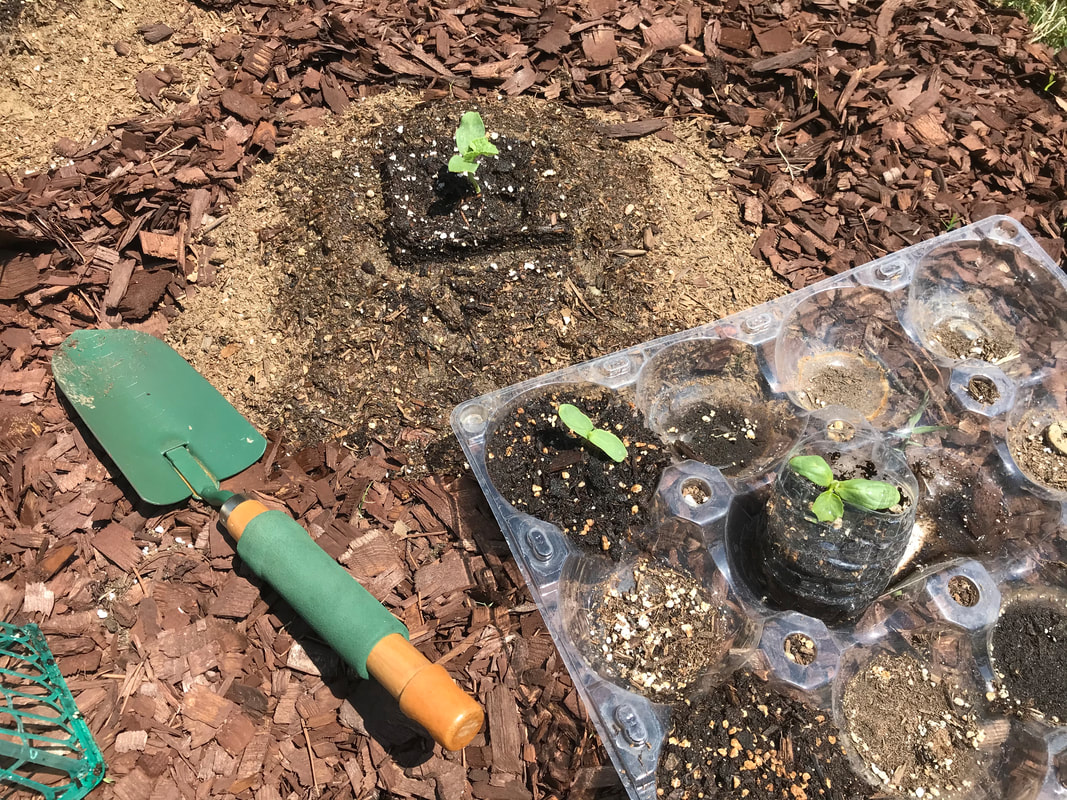
 RSS Feed
RSS Feed
